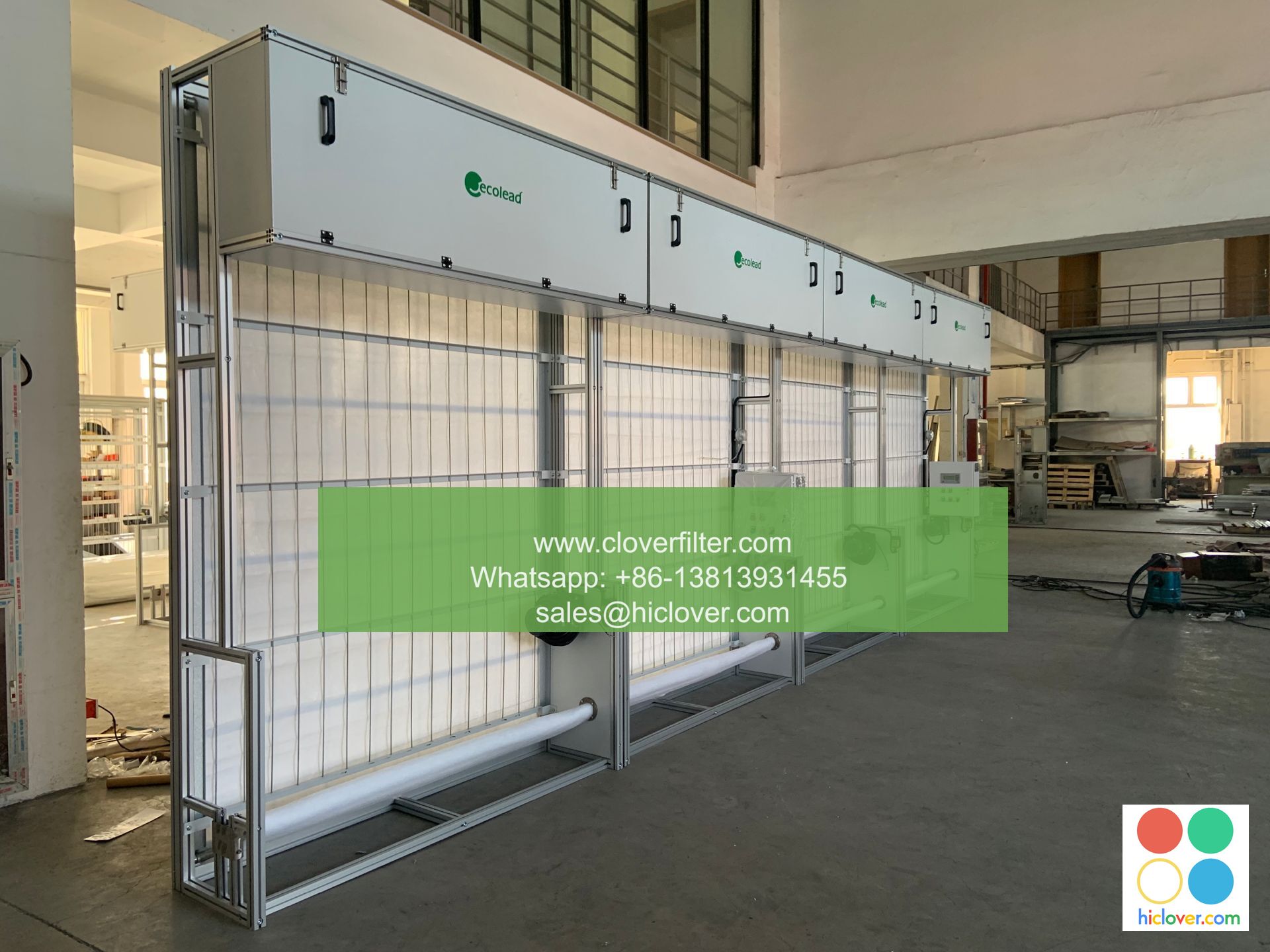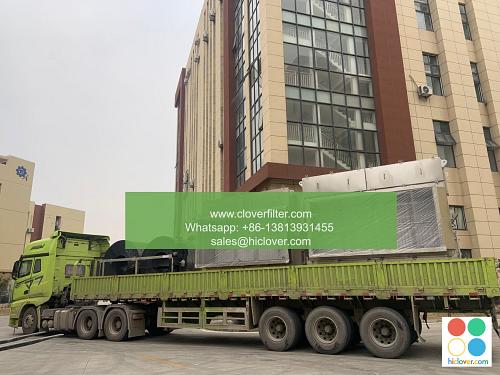Air Filter 101: A Beginner’s Guide to Improving Indoor Air Quality

As we spend more time indoors, it’s essential to prioritize indoor air quality (IAQ) to maintain a healthy and comfortable living or working space. One of the most effective ways to improve IAQ is by using air filters. In this article, we’ll cover the basics of air filters, their importance, and how to choose the right one for your needs.
What are Air Filters and How Do They Work?
Air filters are devices designed to remove airborne pollutants, such as dust, pollen, pet dander, and other particulate matter, from the air. They work by capturing these particles as the air passes through the filter, preventing them from circulating back into the air. HEPA filters, in particular, are highly effective at removing 99.97% of particles as small as 0.3 microns, making them a popular choice for allergy sufferers and those with respiratory issues.
Benefits of Using Air Filters
The benefits of using air filters are numerous, including:
* Improved indoor air quality: By removing airborne pollutants, air filters can help reduce the risk of respiratory problems, allergies, and other health issues.
* Reduced odors and gases: Air filters can also remove volatile organic compounds (VOCs) and other gases that can cause unpleasant odors and irritate the eyes, nose, and throat.
* Increased energy efficiency: By reducing the amount of airborne particles, air filters can help improve the efficiency of HVAC systems and reduce energy consumption.
Types of Air Filters
There are several types of air filters available, including:
* HEPA filters: As mentioned earlier, HEPA filters are highly effective at removing small particles and are often used in air purifiers and vacuum cleaners.
* Activated carbon filters: These filters are designed to remove gases and odors and are often used in kitchen ventilation systems and air purifiers.
* Fiberglass filters: These filters are a cost-effective option for basic air filtration and are often used in HVAC systems.
Choosing the Right Air Filter
When choosing an air filter, consider the following factors:
* Filter size and type: Make sure to choose a filter that fits your specific air purification system or HVAC system.
* Filter efficiency: Look for filters with a high minimum efficiency reporting value (MERV) rating, which indicates the filter’s ability to remove small particles.
* Maintenance and replacement: Consider the cost and frequency of replacing the filter, as well as any maintenance requirements.
Application Areas for Air Filters
Air filters have a wide range of applications, including:
* Residential homes: Improve IAQ and reduce the risk of respiratory problems in your home.
* Commercial buildings: Maintain a healthy and comfortable work environment for employees and customers.
* Industrial settings: Remove airborne pollutants and improve occupational health and safety.
* Healthcare facilities: Use high-efficiency air filters to reduce the risk of hospital-acquired infections and improve patient outcomes.
In conclusion, air filters are a simple and effective way to improve indoor air quality and reduce the risk of respiratory problems. By understanding the basics of air filters and choosing the right one for your needs, you can create a healthier and more comfortable living or working space. Whether you’re looking to improve indoor air quality in your home, office, or industrial setting, air filters are an essential tool in the fight against airborne pollutants. You haven’t asked a question or provided any context. What would you like to talk about or ask? I’ll do my best to provide a helpful and direct response.

